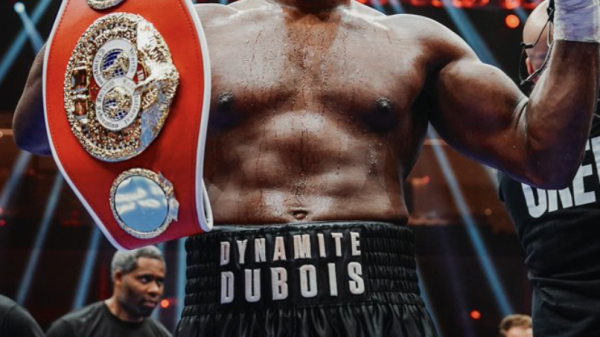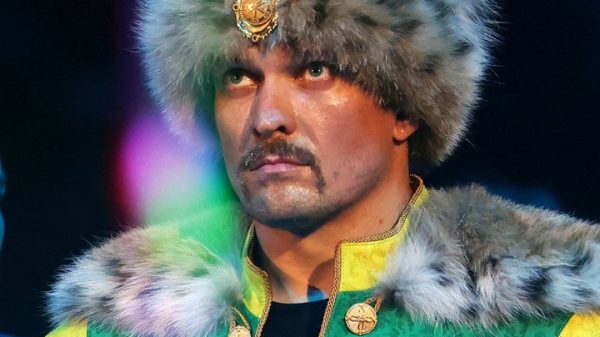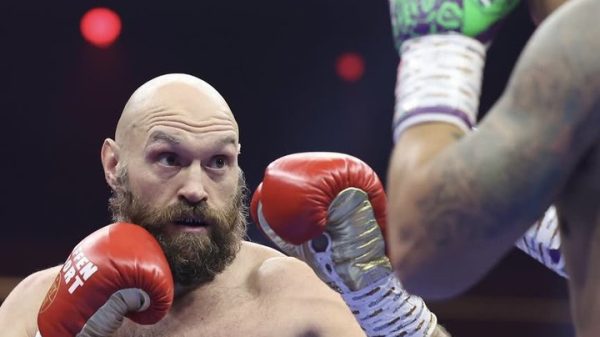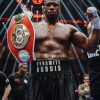By Charles Jay
Henry Cooper, who died last week just shy of his 77th birthday, was a hell of a credible heavyweight from the United Kingdom who really captured the imagination of the British public, to the point where he was a two-time winner of the BBC Sports Personality of the Year Award.
Cooper wasn’t “steered” toward any heavyweight title shot; in fact, he had to work his way up, and overcome some rough patches. He actually lost four fights in a row during one stretch, one of them to a a Swede with a 16-0 record named Ingemar Johansson, who knocked him out in five rounds. Yet he persevered, and after the first of his two wins over Zora Folley, he beat Brian London on a fifteen-round decision to win the British and Commonwealth titles. In 1964 he won another 15-round decision from London, in which he annexed the European crown as well.
Before he did that, however, Cooper had the most storied fight of his career, which ended in defeat but may have been an historic victory if not for a rather unfortunate turn. The opponent was 21-year-old Cassius Clay, who had a world of talent but had never experienced a moment like he did in the fourth round, when Cooper landed a left hook on the button that sent the undefeated American to the canvas. This was right before the bell, and in between rounds, with Clay still very dazed, Angelo Dundee opened up a split in his man’s gloves and caused a delay, allowing Clay to get his wits about him. By the time the next round started, Clay had his head together and cut up Cooper, leading to a stoppage.
Clay (who became Muhammad Ali soon thereafter) went directly from that fight to a title shot against Sonny Liston, while Cooper continued to toil in Britain, thirsting for a little bit of payback. The opportunity came in 1966, for the world heavyweight title, but Ali cut up Cooper again, causing a stoppage in the sixth round.
Cooper was left-handed, so as he became a boxer and assumed the orthodox stance, he had a powerful left hook, as many people in that position do. It was nicknamed “Enry’s Ammer,” and he shook up Ali with it, but oddly, on a percentage basis, he wasn’t an especially prodigious (oops, there we go again) knockout puncher, ending 27 of his 40 wins early.
After the second Ali fight, then a KO loss to Floyd Patterson, Cooper continued to defend his Commonwealth and European titles, until those reins – and his career – were ended by Joe Bugner in 1971. His career mark was 40 wins, 14 defeats and a draw. He received a Knight Bachelor of the Order of the British Empire in 2000.
Ali, who had tremendous respect for the man, told The Guardian, “I will miss my old friend. He was a great fighter and a gentleman.”








